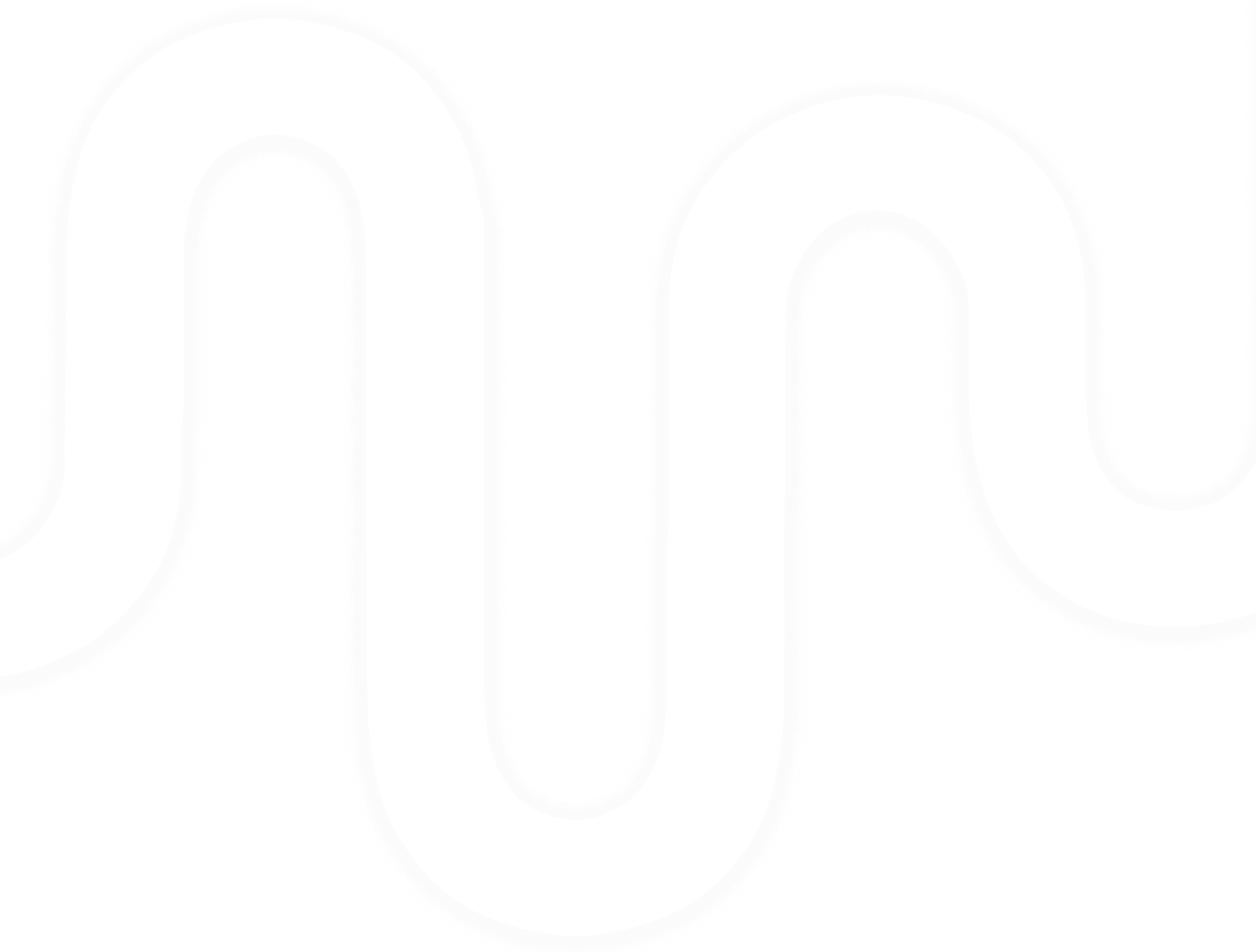
Enhancing Employee Benefits with Comprehensive Health Plans

Credit [Photo by National Cancer Institute on Unsplash ]
In today’s competitive business environment, offering attractive employee benefits is crucial for retaining top talent and maintaining a productive workforce. One of the most significant perks a company can provide is a robust group health insurance plan. Such plans, often referred to as employee insurance, play a vital role in ensuring the well-being of employees and their families.
Managed Care as Alternative Insurance
Managed Care systems are becoming increasingly popular in the realm of employee health benefits. These systems aim to reduce healthcare costs while improving the quality of care. By working with a network of healthcare providers, managed care plans ensure that employees receive timely and effective medical attention, promoting overall workplace health.
Read More on Managed Care : Managed Care: Types, Benefits, and Considerations
Types of Employee Benefits Needed
When considering employee health plans, it’s essential to explore alternative insurance options. Traditional health insurance can be expensive, and many businesses are turning to alternative solutions to provide comprehensive coverage without breaking the bank. These alternatives can include health savings accounts (HSAs), direct primary care (DPC) arrangements, and telemedicine services, which offer convenient and cost-effective ways for employees to access medical care.
One of the most significant advantages of a well-structured health plan is its ability to provide excellent coverage for outpatient services, particularly preventive care. Regular check-ups, screenings, and wellness programs are integral parts of preventive care, helping to detect and address health issues early on. This proactive approach not only keeps employees healthier but also reduces long-term healthcare costs by preventing more serious conditions from developing.
Read More on Managed Care : Explaining Managed Care vs Insurance
In conclusion, investing in a comprehensive employee health plan that includes both traditional and alternative insurance options can greatly enhance your employee benefits package. By doing so, you not only ensure the health and well-being of your employees but also foster a more engaged and loyal workforce. As businesses continue to navigate the complexities of modern healthcare, offering a well-rounded health plan is a strategic move that pays off in the long run.
Conclusion
In conclusion, the distinction between managed care and insurance lies in their approach to organizing and financing healthcare services. While managed care emphasizes care coordination and cost containment within a network of providers, insurance offers greater flexibility in provider choice but may come with higher costs. As healthcare continues to evolve, it is essential for individuals to understand their options, prioritize their healthcare needs, and engage in proactive health management to achieve optimal outcomes. By staying informed and actively participating in their healthcare decisions, individuals can navigate the complexities of the healthcare system with confidence and advocate for their health and well-being.
Aman is a company that offers various health protection products for employees. By having reliable employee insurance like Aman, the company can provide essential benefits to its employees. In the long run, this can improve employee satisfaction, productivity, and retention. When it comes to employee health benefits, Aman is the right choice to assist companies and employees in meeting their health protection needs, register now!




